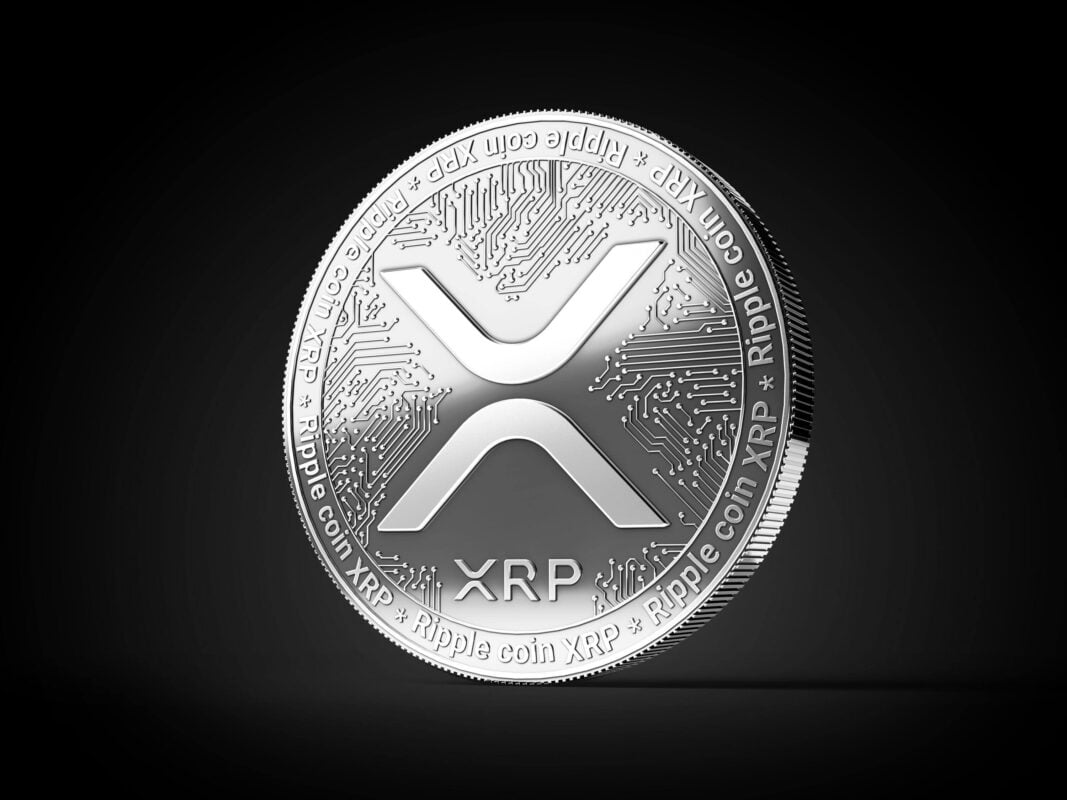TLDR
-
Ripple and the SEC filed a joint dismissal, ending their appeals and a five-year legal saga over XRP.
-
XRP’s price could rise to $4.80 with continued institutional support and favorable regulatory news.
-
Japan’s SBI Holdings plans to launch the country’s first Bitcoin/XRP ETF, signaling institutional confidence in XRP.
-
Ripple’s application for a National Trust Bank in New York aims to integrate XRP into U.S. financial infrastructure.
Ripple Labs and the U.S. Securities and Exchange Commission (SEC) have officially agreed to dismiss the appeals filed in their legal battle, bringing the five-year-long case to a close.
This marks the end of a prolonged dispute that has had significant implications for Ripple and its flagship cryptocurrency, XRP. The decision was confirmed in a joint stipulation of dismissal, signaling that both parties are putting an end to their legal confrontation.
XRP Lawsuit Ends As Both Parties Settle
According to James K Filan, Ripple Labs and the SEC filed a joint stipulation to dismiss the appeal in the U.S. Court of Appeals for the Second Circuit. This effectively ends the litigation between the two entities.
According to the filing, Ripple and the SEC agreed that each party will bear its own legal costs and fees related to the appeals. This agreement brings closure to a case that has drawn significant attention in the cryptocurrency world, especially given its potential to set precedents for future cryptocurrency regulations.
#XRPCommunity #SECGov v. #Ripple #XRP BREAKING: The parties have filed a Joint Dismissal of the Appeals. The case is over. pic.twitter.com/QMATRLnxnS
— James K. Filan 🇺🇸🇮🇪 (@FilanLaw) August 7, 2025
The appeals involved in the case were tied to the SEC’s claims that Ripple Labs and its executives, including CEO Bradley Garlinghouse and co-founder Christian Larsen, violated securities laws by selling XRP as an unregistered security. Ripple, on the other hand, has always maintained that XRP is a digital currency, not a security, and that it was entitled to continue its sale and use.
Ripple Continued Expansion in Global Markets
With the legal battle now behind them, Ripple is focused on expanding its ecosystem and enhancing its offerings. Ripple’s influence has grown beyond just the U.S. market, with international developments driving new optimism in the cryptocurrency’s future.
In particular, Japan’s SBI Holdings has recently filed to launch the country’s first-ever Bitcoin/XRP ETF, signaling strong institutional interest in the token. As a major Ripple stakeholder, SBI Holdings also plans to purchase up to $1 billion in XRP as part of its strategy to diversify its holdings.
Furthermore, South Korea’s BDACS, a regulated crypto custodian, has integrated XRP into its platform, enabling institutional access to major exchanges such as Upbit and Coinone. This move enhances XRP’s credibility in South Korea, where cryptocurrency adoption is on the rise. South Korea’s regulatory clarity, coupled with this development, may further solidify XRP’s place as a leading digital asset in Asia.
XRP’s Price Potential and Regulatory Support
Following the XRP lawsuit end, XRP’s price trajectory is poised for growth. Analysts predict that if favorable regulatory decisions continue, XRP could break past its immediate resistance levels.
Currently trading around the $3 mark, XRP could potentially reach $3.50 or even $4.80 in the near future, driven by bullish market sentiment and increased institutional adoption.
The Relative Strength Index (RSI) and Moving Average Convergence Divergence (MACD) indicators suggest a possible bullish crossover, reinforcing the outlook for XRP. As the market reacts positively to the dismissal of the SEC’s appeal, investors are likely to see renewed confidence in Ripple’s future.
Ripple’s Vision for Institutional Liquidity and U.S. Financial Infrastructure
Ripple’s ambitions extend beyond just price appreciation for XRP especially with the end of XRP lawsuit. The company has applied to establish the Ripple National Trust Bank in New York, aiming to facilitate institutional liquidity and global settlement using XRP and its stablecoin, RLUSD.
This move, if approved, would enable Ripple to bypass traditional intermediaries like ACH and FedWire, directly integrating with the U.S. financial infrastructure.
Additionally, Ripple’s XRP Rewards Event, which encourages community engagement, has generated significant interest. The event is aimed at strengthening Ripple’s relationship with its long-term holders, signaling the company’s commitment to enhancing its ecosystem and fostering a strong community.







